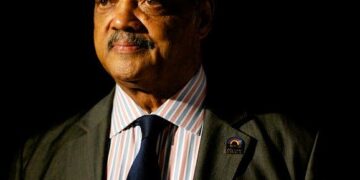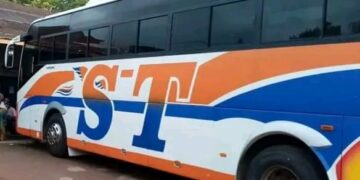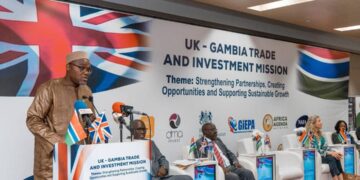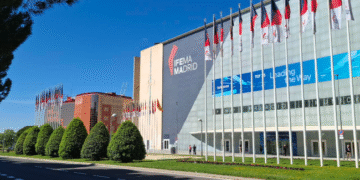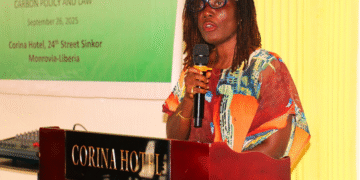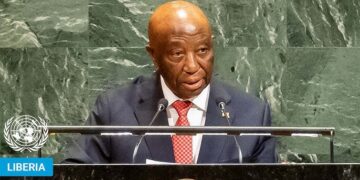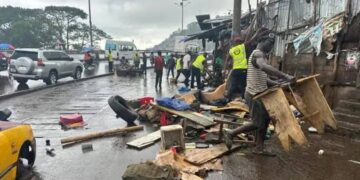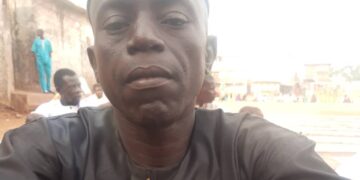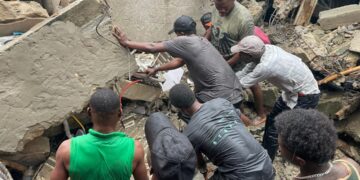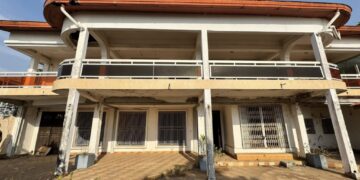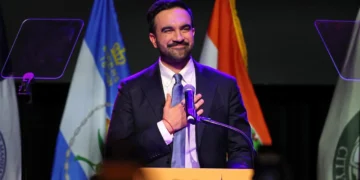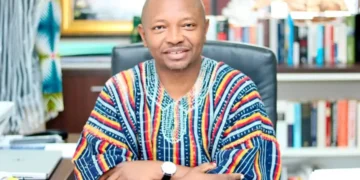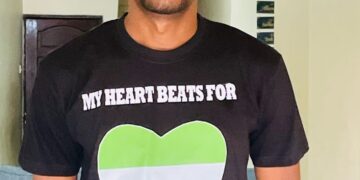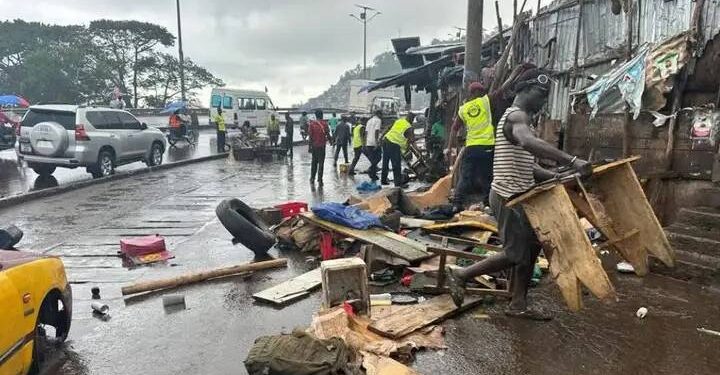Dozens of local traders operating at Model Junction in Freetown are pleading with the Government of Sierra Leone and the Sierra Leone Roads Authority (SLRA) to halt the ongoing demolition of informal market structures. The traders say the exercise is displacing vulnerable families and destroying their only source of livelihood without proper consultation or relocation plans.
The demolition, part of a larger national campaign to clear road encroachments and unauthorised structures, has already affected multiple communities across the Western Area Urban District. Areas where demolitions and evacuations have been carried out include Old Railway Line, Lodge, Imatt, Brookfields, Kingharman Road, and Dwazarck.
The SLRA maintains that the operation is in line with efforts to enhance urban mobility, ease traffic congestion, and reclaim public road space from illegal structures. Speaking on behalf of the authority, the Executive Director of the Sierra Leone Roads Safety Authority (SLRSA), Mr. James Baggie Bio, emphasised the government’s commitment to public safety and road accessibility when talking to local media.
“The essence of the clearing exercise is to enable the free flow of traffic and to ensure that bike riders are being provided with suitable parking spaces to prevent accidents and road crashes,” Mr. Bio stated. “We are prioritising the safety and security of pedestrians and other road users. Road safety for every citizen is a serious concern for the Management of SLRA, and we are implementing stringent measures to ensure that our roads are safe at all times.”
However, the demolition has triggered widespread anxiety and outrage among affected traders, most of whom are women, widows, and single parents involved in small-scale informal businesses.
“We saw the letter from SLRA weeks ago, but many of us didn’t take it seriously because we were hoping for dialogue or relocation,” she said in tears. “Today, SLRA came and told us it is mandatory to leave. I have seven children—three in university. I’m a widow. I took microcredit loans to start this small printing business. If they demolish it, I have nowhere to go. What should I do—prostitution? I’m an old mother. This place is all I have.”
Madam Turay’s fears are shared by dozens of traders in the same vicinity, many of whom say they were never offered proper relocation sites or financial assistance. They argue that although road clearance is necessary for urban development, it must not come at the cost of erasing their means of survival.
According to a 2023 report by Statistics Sierra Leone and the International Labour Organization (ILO), an estimated 69% of the country’s labour force is engaged in the informal sector, with petty trading making up the largest share. In urban hubs like Freetown, the number is even higher—about 80% of women in the capital earn their income through informal market activities.
The Sierra Leone Traders Union (SLeTU) estimates that over 800,000 Sierra Leoneans are engaged in trading nationwide, with a large concentration in urban areas where demand is high. A 2022 report from the Ministry of Trade and Industry identified that up to 60,000 small traders operate in Greater Freetown alone, with the majority relying on street vending, market stalls, and roadside kiosks.
While the government emphasises infrastructure improvement and road safety, civil society groups and community leaders are calling for a more humane approach that includes proper consultation, compensation, and relocation frameworks.
“We are not against development,” said the displaced traders. “But development should not mean suffering for the poor. We are asking for fairness, not favoritism.”
The affected traders are appealing directly to the Freetown City Council (FCC), the Ministry of Local Government, and the SLRA to engage in meaningful dialogue and provide alternative trading spaces that can sustain their livelihoods.
As the urban cleanup operation continues, the challenge remains for authorities to balance the demands of urban planning with the socio-economic realities of Sierra Leone’s most vulnerable populations. For many at Model Junction, the future of their families now hangs in the balance.
When EyewitnessNews contacted Musa Jalloh, popularly known as J Mus—the Acting National Public Relations Officer for Civil Society Sierra Leone and Director of Communications for the Campaign for Women’s Rights and Democracy—he expressed deep concern over the government’s approach to the ongoing demolitions. Speaking via a WhatsApp voice recording, Jalloh emphasized the importance of citizen engagement in government decision-making.
He said that as a “kombra” (a local term signifying solidarity with the people), he felt the government failed to properly consult those affected before initiating the demolition exercise. “A serious government always needs to listen to its citizens and give them some time. You go into negotiation, talk to them,” he stated.
Jalloh reiterated the democratic principle that “government is for the people, by the people,” and therefore has a responsibility to act in their best interests. He emphasised that those whose market structures had been demolished were not criminals, but individuals struggling to earn a living. “They are breadwinners of their families,” he said. “I feel sad because many of them depend on these small businesses to survive. The government should have given them more time or at least provided an alternative location for relocation.”
By: Tejan Macavoray


